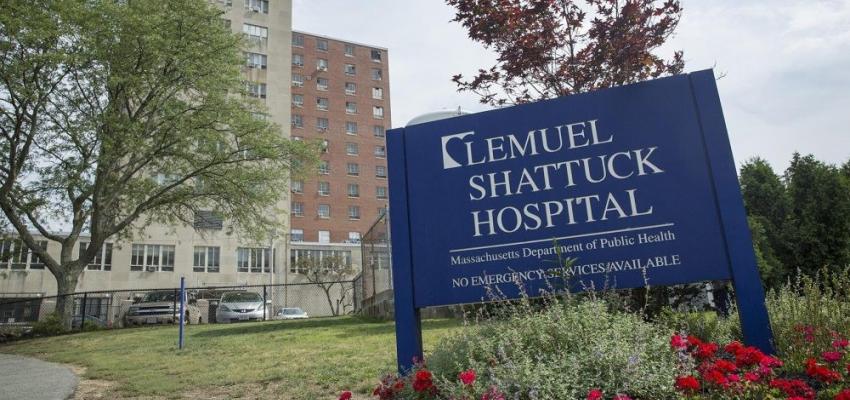You may already know that staying hydrated is good for your skin, energy, and digestion, but did you know it also plays a vital role in your vascular health? Proper hydration helps keep your blood flowing smoothly, supports healthy blood pressure, and reduces your risk of complications like blood clots or vein issues.
Especially during the warmer months in New England, when dehydration is more common, staying on top of your water intake can be a powerful (and simple) way to support your heart and circulatory system.
Why Hydration Matters for Your Vascular System
When your body is dehydrated, your blood becomes thicker and more viscous. This puts extra strain on your heart and makes it harder for blood to circulate efficiently throughout your body. Over time, this can increase your risk for vascular problems such as:
- High blood pressure
- Blood clots
- Varicose veins
- Peripheral artery disease (PAD)
- Deep vein thrombosis (DVT)
Proper hydration helps regulate blood pressure, supports vein elasticity, and ensures that nutrients and oxygen are delivered efficiently to organs and tissues.
How Dehydration Affects Blood Flow
Even mild dehydration can disrupt your body’s ability to circulate blood properly. Here’s how it works:
- Reduced blood volume: When you’re dehydrated, your body conserves water by decreasing your blood volume. This means less blood flows to vital organs and extremities.
- Thicker blood: Less water in your bloodstream leads to thicker, slower-moving blood, which increases the likelihood of clotting.
- Increased heart strain: Your heart has to work harder to pump thicker blood, potentially leading to fatigue, palpitations, or long-term cardiovascular strain.
How Much Water Do You Really Need?
There’s no one-size-fits-all answer, but here are general hydration tips to support vascular health:
- Aim for 6–8 cups of water per day, more in hot or humid weather.
- Increase intake if you’re active, sweating, or taking medications that may dehydrate you.
- Monitor the color of your urine; light yellow is a good indicator of proper hydration.
- Don’t wait until you’re thirsty to drink water; by the time thirst hits, dehydration has already begun.
Hydration Tips for New England Summers
If you’re living in or visiting New England, you’re no stranger to warm, humid summers, and that means your body may lose more fluids than usual. Whether you’re exploring Boston, hiking in the Berkshires, or enjoying a Cape Cod beach day, make sure to:
- Carry a refillable water bottle
- Set reminders to drink water throughout the day
- Pair hydrating foods like cucumbers, oranges, and watermelon with your meals
- Avoid excess caffeine and alcohol, which can increase fluid loss
- Wear breathable clothing to reduce overheating
Who’s Most at Risk of Dehydration-Related Vascular Issues?
Certain groups are more vulnerable to the effects of dehydration on vascular health:
- Older adults, who may have a reduced sense of thirst
- People with diabetes or cardiovascular disease
- Pregnant or breastfeeding women
- Athletes and outdoor workers
- Those taking diuretics or blood pressure medications
If you fall into any of these categories, it’s especially important to stay proactive about hydration.
When to Talk to a Vascular Specialist
If you’re experiencing symptoms like leg swelling, cramping, or varicose veins, even if you’re staying hydrated, it may be time to speak with a vascular specialist. Some conditions, like chronic venous insufficiency or PAD, can worsen over time without treatment, especially when combined with dehydration or poor circulation.
Vascular Health Starts with Everyday Habits; We’re Here to Help
At The Vascular Care Group, we believe that small, daily habits, like drinking enough water, an make a big difference in your long-term health. But when symptoms persist or you’re at risk for vascular disease, it’s time for expert care.
Our team provides advanced diagnostics and minimally invasive treatments across multiple locations in New England, so you can get answers and relief close to home.
Call us today to schedule a consultation and take the next step toward a healthier vascular system.









